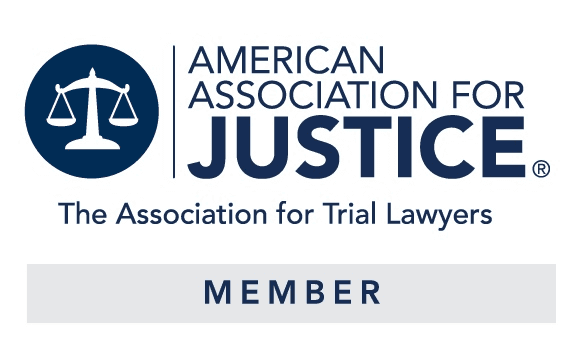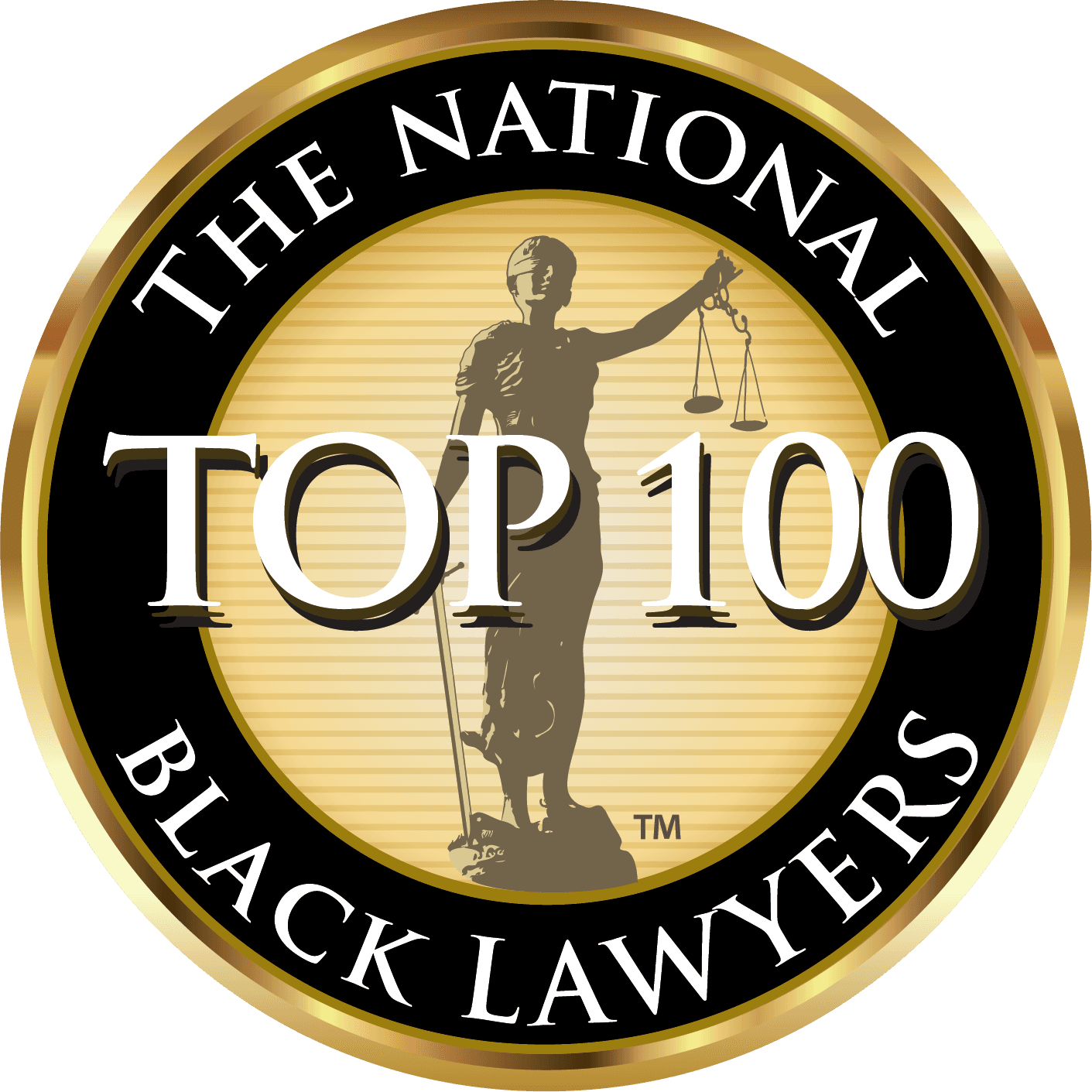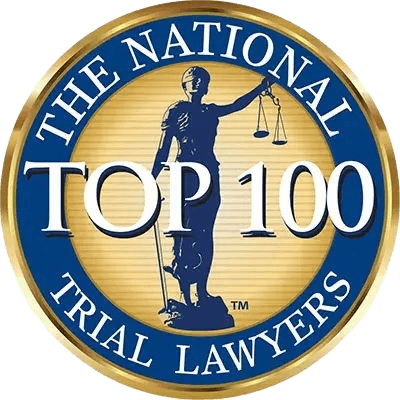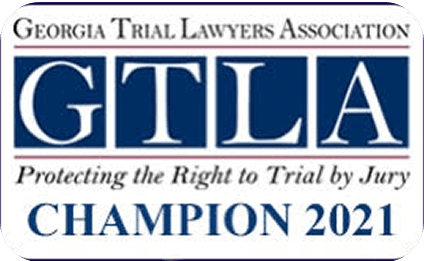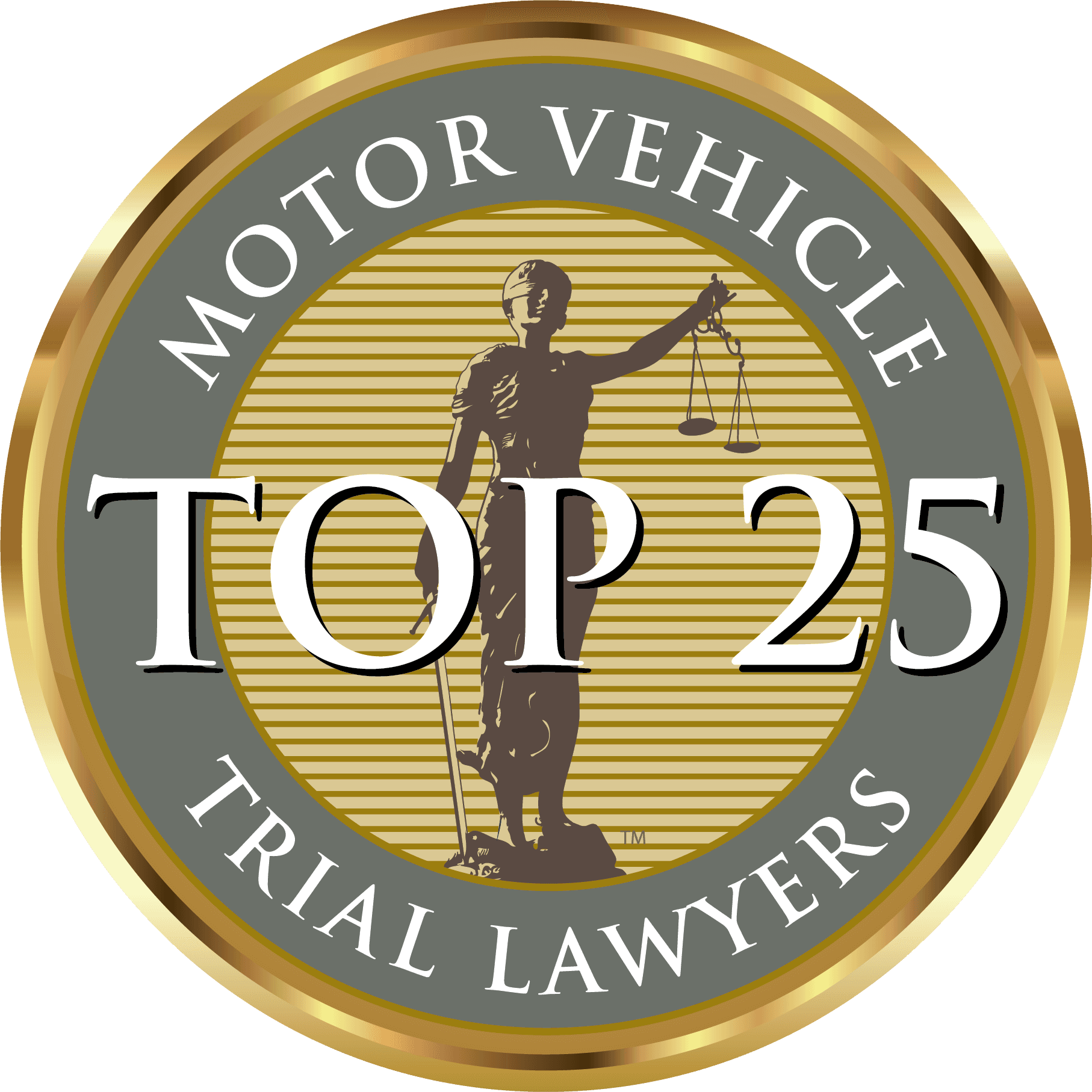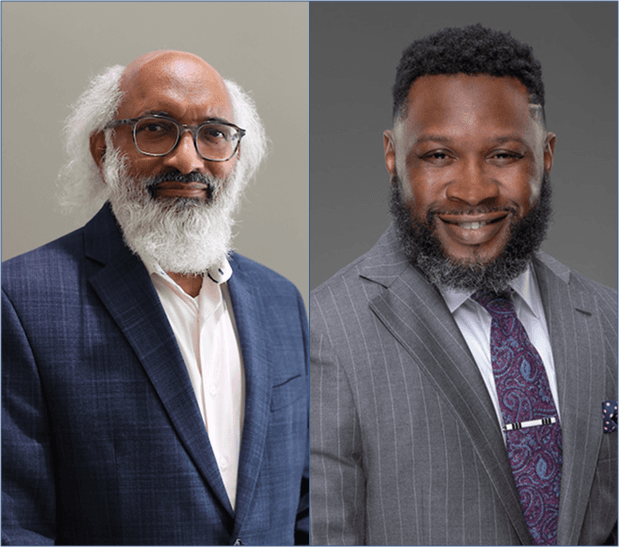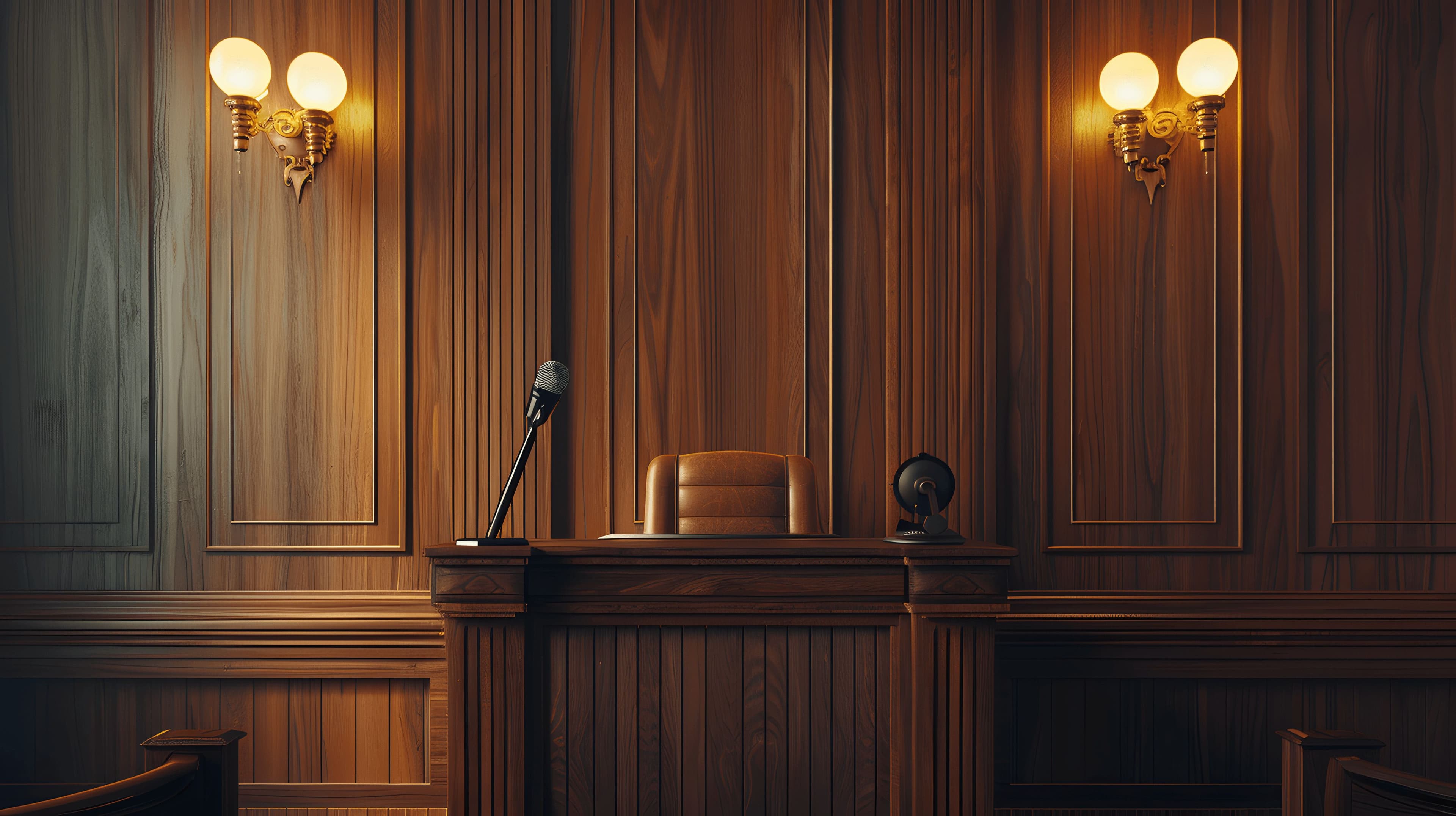
Expert Witness
In Georgia personal injury law, two kinds of witnesses can provide testimony: lay witnesses and expert witnesses. While lay witnesses testify to what they personally observed—such as details of a car crash or slip and fall—expert witnesses offer insight that goes beyond firsthand knowledge. They apply specialized expertise to clarify complex issues, such as medical negligence or economic losses.
Types of Expert Witnesses in Georgia Personal Injury Cases
The type of expert used depends heavily on the nature of the personal injury claim. Common expert witnesses include:
- Accident Reconstruction Specialists: Reconstruct events in car, truck, or motorcycle accidents.
- Medical Experts: Assess whether medical care met the appropriate standard or caused harm.
- Economic Experts: Calculate lost earning capacity and future financial loss.
- Vocational Rehabilitation Experts: Evaluate reduced employability due to injury.
- Mental Health Professionals: Analyze psychological trauma or assess mental capacity.
- Engineers: Testify about product defects, structural safety, or mechanical failure.
- Forensic Scientists: Examine evidence such as DNA or fingerprints.
Each expert brings critical knowledge to clarify liability or damages in complex cases.
Consulting vs. Testifying Experts
While most people associate expert witnesses with court testimony, not all experts testify. Lawyers often retain consulting witnesses solely to educate them on technical aspects of the case. These experts may help:
- Interpret medical records or engineering reports
- Provide opinions on case strengths and weaknesses
- Draft written evaluations to support settlement negotiations
Since consulting experts do not testify, attorneys are not required to disclose them to opposing parties.
Expert Witnesses in Settlement Negotiations
Even in cases that don’t go to trial, experts play a vital role. A written report from an economic expert or medical specialist can:
- Strengthen the plaintiff’s negotiating position
- Influence the valuation of a claim
- Support demand letters and insurance communications
These behind-the-scenes contributions often help secure higher settlements.
Qualifications Required to Be an Expert Witness
Georgia law sets specific standards for determining who qualifies as an expert:
- Education, training, or specialized knowledge in a relevant field
- Experience or professional licensure, though not always required
- Demonstrated credibility, such as peer-reviewed publications or certifications
In addition to qualifications, the testimony must be:
- Relevant to the facts of the case
- Based on reliable methods
- Helpful to the jury or judge
Opposing counsel will typically depose expert witnesses before trial to evaluate these elements.
The Daubert Standard and Expert Testimony
Georgia courts follow the Daubert standard, which sets a high bar for admissibility of expert opinions. The court may evaluate:
- Whether the theory or technique can be and has been tested
- Peer review and publication history
- Known error rates
- Whether standards control the technique’s operation
- General acceptance within the relevant scientific community
These criteria help judges exclude speculative or biased testimony that lacks scientific grounding.
The Role of Professional Expert Witnesses
Some expert witnesses work exclusively in litigation support. These professional experts often:
- Testify frequently in court
- Have extensive experience facing cross-examination
- Understand courtroom procedure and evidentiary requirements
Opposing attorneys may try to challenge their credibility due to their full-time witness status. However, jurors typically give more weight to substance than profession—especially if the expert presents well-supported opinions.
Expert Testimony in Medical Malpractice Cases
Medical malpractice claims almost always require expert testimony. Georgia law often mandates a preliminary affidavit from a qualified medical expert before the case can proceed.
These experts:
- Must work in the same field of practice
- Review the patient’s records
- Compare care to the accepted standard of care
- Offer opinions on causation and damages
Because many active physicians hesitate to testify against peers, lawyers often retain former doctors or professional witnesses.
Expert Testimony in Product Liability Cases
Product liability claims involve technical and scientific issues related to product safety. Common expert witnesses in these cases include:
- Mechanical engineers: For machinery-related injuries
- Design experts: To assess design flaws or preventable hazards
- Industry insiders: With knowledge of manufacturing standards or quality control
These experts help determine whether a product was defectively designed, improperly manufactured, or lacked adequate safety warnings.
When Expert Witnesses Are Necessary
If your case involves:
- Disputed liability
- Long-term or permanent disability
- Medical malpractice
- Faulty product claims
- Complex damages like lost earning capacity
...then expert testimony is likely essential to succeed. A qualified attorney can determine which experts to consult and manage their involvement to strengthen your case.
Contact a Lawrenceville Personal Injury Lawyer
If you’ve been injured in Lawrenceville or anywhere in Georgia, expert witnesses can make a decisive difference in the outcome of your claim. At Lawson Personal Injury Attorneys, we have access to a wide network of qualified experts across multiple disciplines.
Call (678) 446-3655 today to schedule a free consultation. You pay nothing unless we win your case.
Georgia Personal Injury Lawyers
We focus exclusively on serious personal injury cases, including:
Assault Injuries
Bad Faith Insurance
Bicycle Accident
Brain Injury
Bus Accidents
Car Accidents
Catastrophic Injuries
Child Injuries
Construction Accidents
Dog Bites
If your life was disrupted by someone else's negligence, we're here to restore your power through the law.
